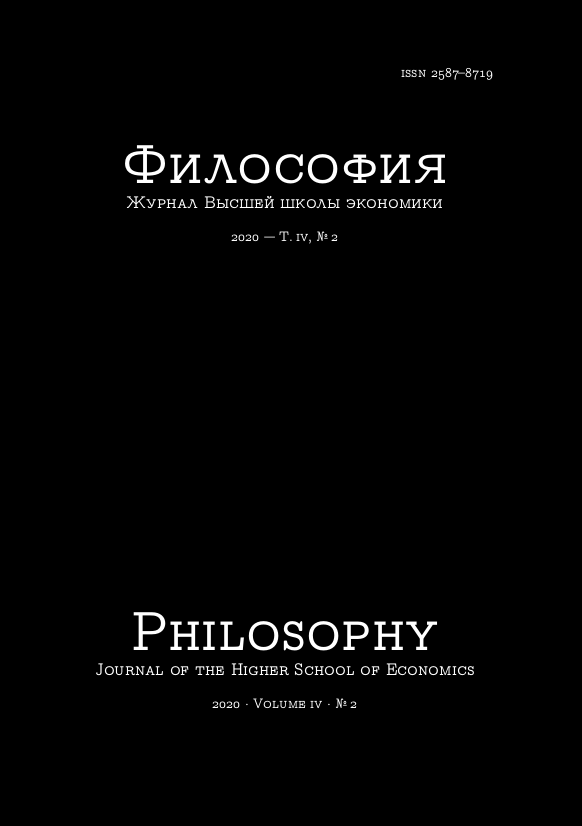On the Other Side of the “Vnenakhodimost'” Principle
The Event of the Revolution and the Problem of Metalanguage in Soviet Thought of the 1960s
Abstract
Analizing a number of texts devoted to the significance and fate of the Russian revolution, we can study the functioning and problematization of ideological discourse in the reflection of late Soviet intellectuals on the foundations of the Soviet world and the metalanguage paradoxes that this reflection produces. The articles by E. Ilyenkov, M. Lifshits, G. Pospelov, M. Gefter offer different configurations of the same semantic field, in which the beliefs, values, and methodologies of the authors enter into complex relationships with an authoritative language that defines the very layout of this field. Building a kind of theodicy of revolution, the authors are forced to separate the “state of things” from the project-language, by which it is described and transformed. From the very beginning, the communist project is considered precisely as a world-historical one; the Russian revolution, as the authoritative discourse says, has “world-historical significance”. But at the same time, the very event of the revolution is an act of extreme territorialization, radical pragmatization of the theory, and even a break in it. The idea of foundation is forced to combine in two proportions two modes of interpretation and therefore two types of appropriation: a revolutionary project as a teleological form of world history and the theory of this history, and what the project addresses as a local system, faced with a certain limitation. The very point of revolution turns out to be the intersection point of two or more genealogical logics, which have to be brought to unity by a special effort. Our analysis shows that an attempt to critically legitimize the Soviet project as a whole leads to deterritorialization, a kind of vnenakhodimost'of the project itself and, conversely, to a partial territorialization of its problems.






